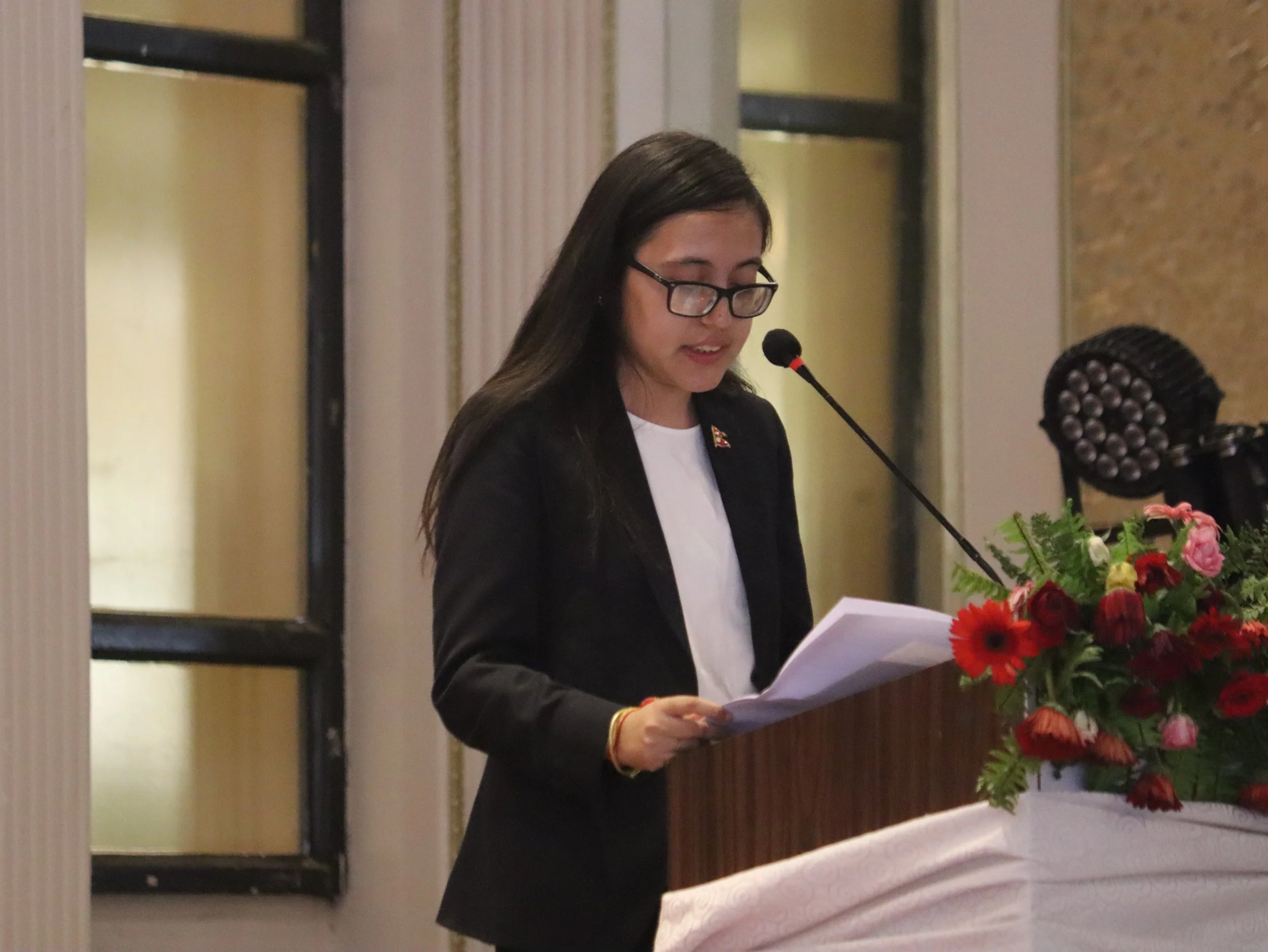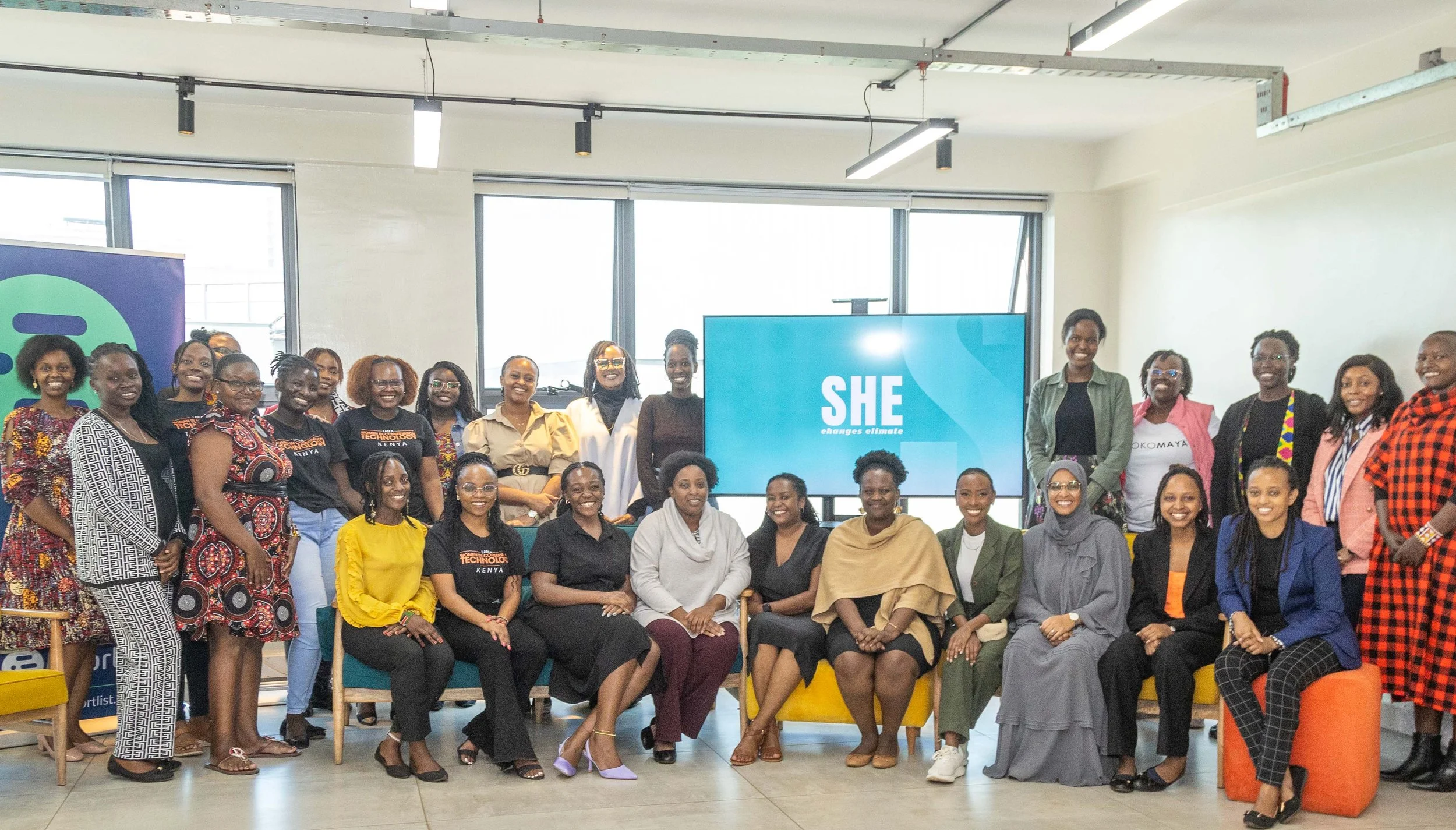
The planetary emergency is a triple crisis for climate, people, and nature. It affects all of humanity, not just half.
Photo Credit: Seamind Panadda, Eyeem/Getty Images
Our Approach and Strategic Actions
To achieve our goal of building a global movement of women climate leaders committed to equal gender representation in climate decision-making and gender-responsive policies, we take an approach centered on raising awareness and policy advocacy, strengthening leadership skills, generating relevant data through research, and connecting key stakeholders at all levels.
Throughout, we ensure that the voices and perspectives of women, particularly those most affected by climate impacts, are at the forefront of shaping solutions.
-
Leadership Strengthening and Capacity Building
• Provide resources, training, and mentorship to equip women with the skills and confidence needed to engage in climate conversations and negotiations.
• Facilitate speaking opportunities and leadership roles for women from diverse backgrounds in climate spaces, empowering them to be recognized as leaders.
-

Advocacy and Campaigning
• Advocate for a 50:50 gender balance in climate decision-making spaces and integrate gender into NDCs, adaptation plans, and broader climate actions.
• Work with the media to highlight the link between climate and gender; the achievements of women in climate action, challenging stereotypes and shifting global perceptions of women in leadership.
• Lead targeted campaigns showcasing women’s role in driving climate solutions.
• Learn more about our latest campaign “Green Economies, Powered by Women”
-

Advancing Research and Data
• Publish the Women in Climate Leadership Status Report to track progress on gender representation in climate decision-making.
• Partner with organizations to conduct research on climate and gender intersectionality, building a stronger evidence base.
-
Supporting Country and Regional Networks
• Facilitate coordination among grassroots organizations and civil society groups, linking them with key stakeholders such as governments, businesses, and multilateral initiatives.
• Strengthen and influence national agendas for women in climate.
• Engage youth and traditionally excluded groups in climate conversations, ensuring their voices are heard in decision-making processes.


